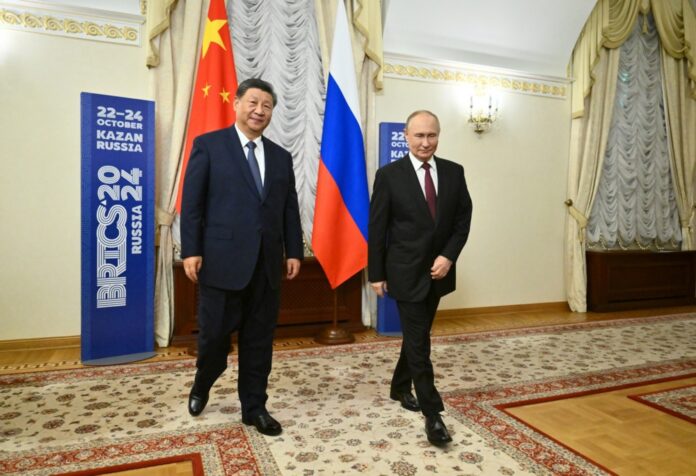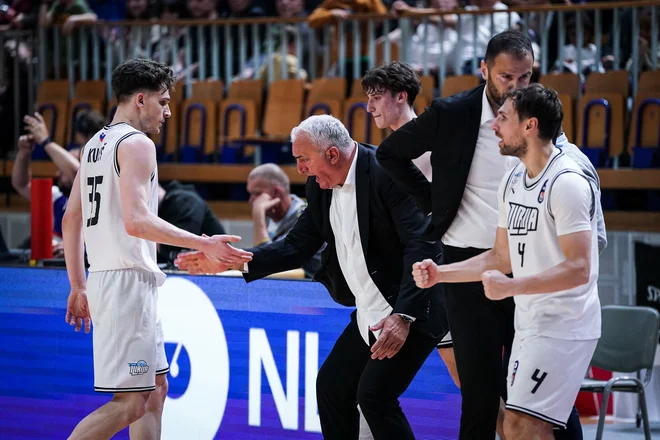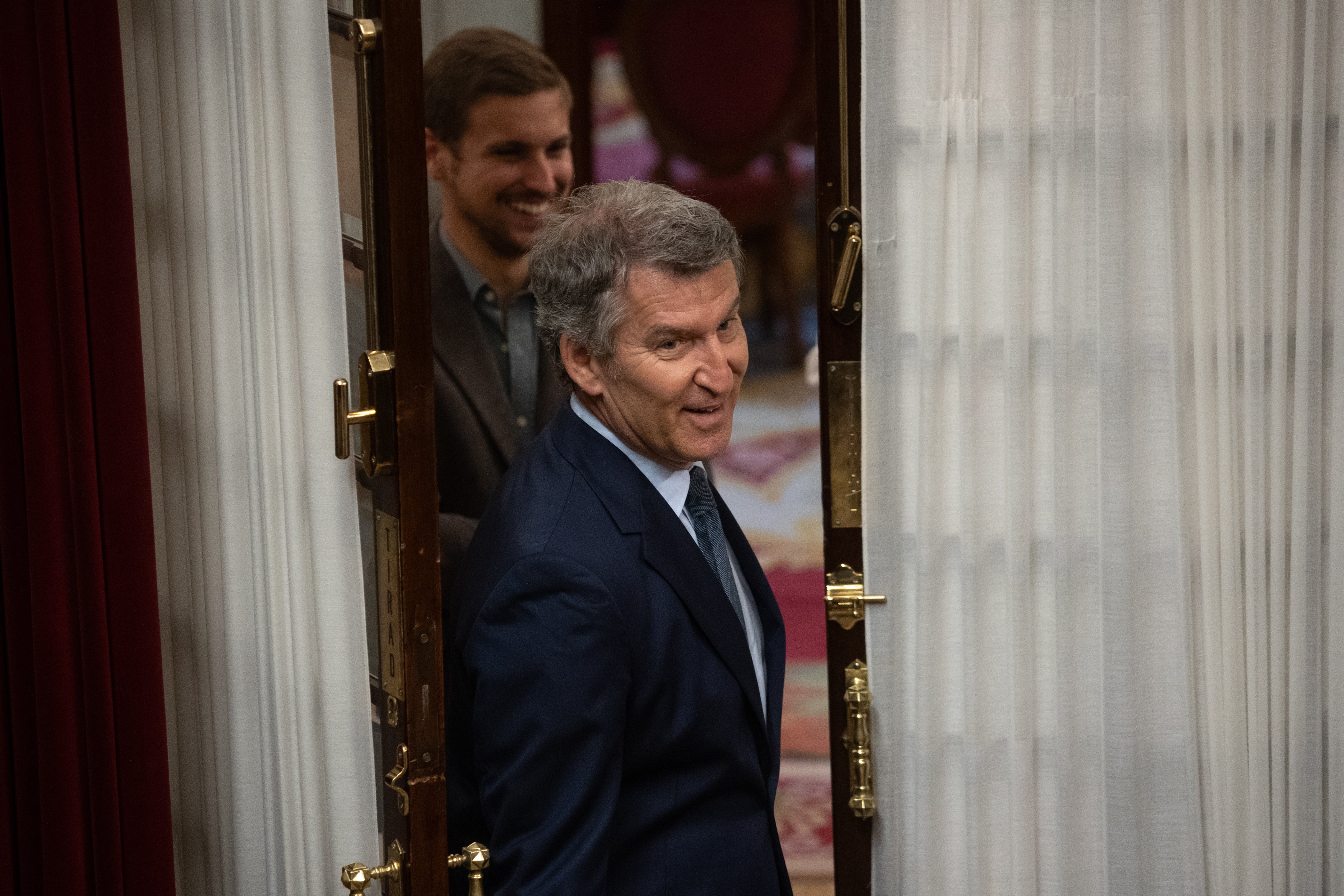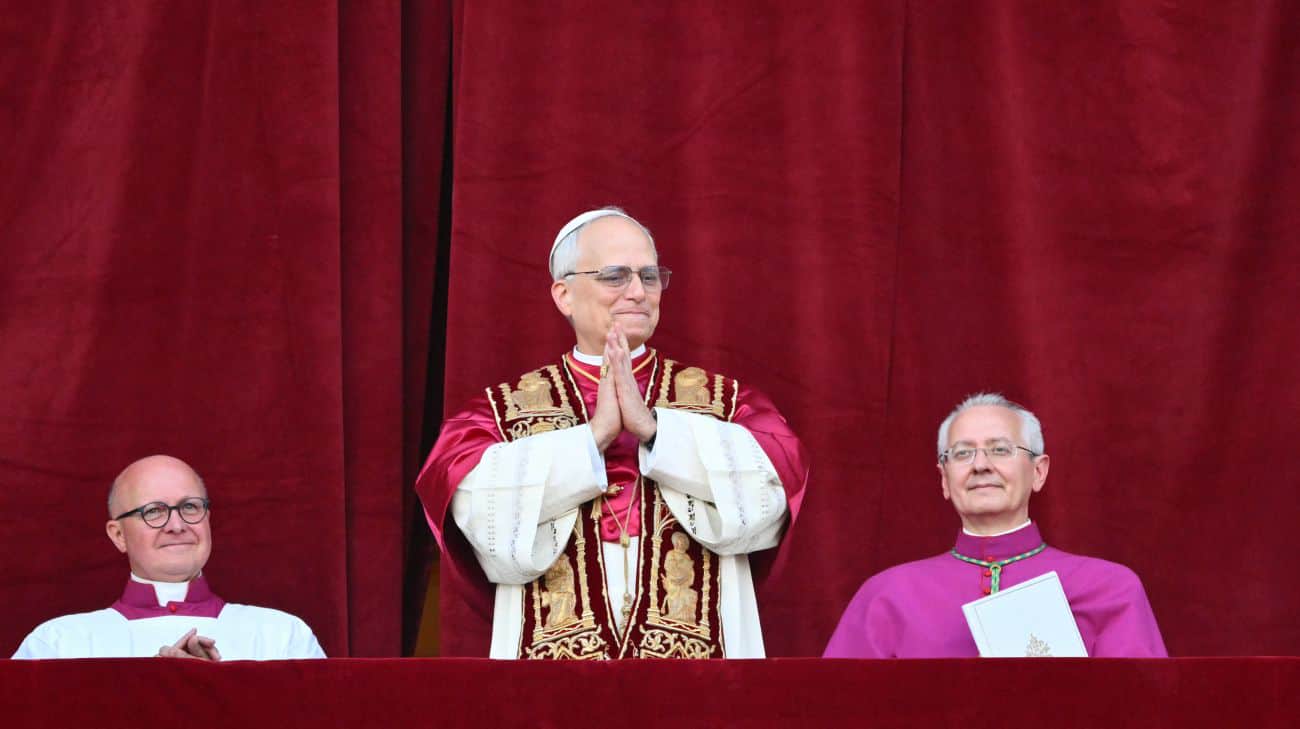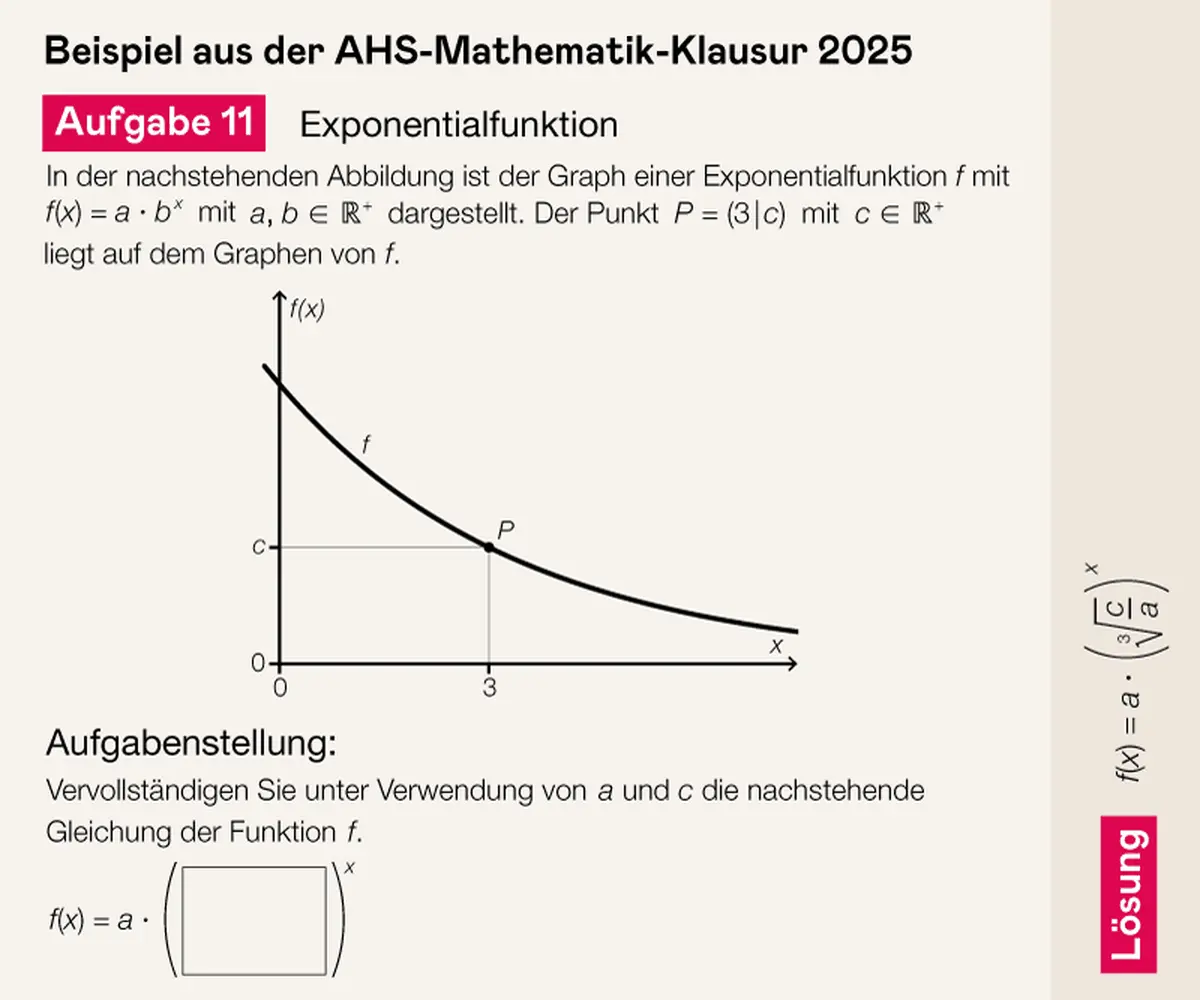Parliamentary delegation in Italy: Without integration of the Balkans into the EU, we risk creating geographical vacuum
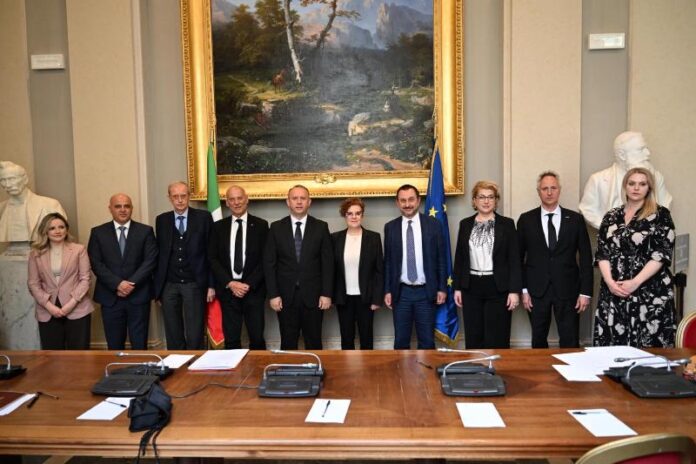
During his official visit to Italy, Parliament Speaker Afrim Gashi met with Senator Emma Pavanelli, who is also the president of the Bilateral Cooperation Group with the Balkans of the Italian Parliament and members of the Group, with the President and members of the Foreign and European Policy Committee.
President Gashi underlined that bilateral relations between the RS Macedonia and the Italian Republic have been in an open, sincere and friendly manner and without open issues, based on traditional friendship, a strong strategic and long-term constructive cooperation and long-term co-operation and long-term co-operation and long-term co-operation.
Continuous support, he said, testifies to Italy’s vision of an integrated and stable Western Balkans in NATO and the European Union, whose common denominator is a prosperous region without conflicts and open issues.
At the meetings Gashi talked about the screening process, which, he assessed, ended very successfully two years ago, with high marks by the European Commission and expressed the expectation that during the Polish presidency of the EU Council, a concrete and clear signal would be sent to all Member States, that the start of negotiations with the Republic of Northern Derogation of the situation, which will be reflected in both economic, energy, security and politically.
MP Blagica Lasovska, who is part of the parliamentary delegation, referred to our country’s contribution to Union policies, although not a member of the Union, from support during the migrant crisis, by harmonizing the common security policy to joining the Union sanctions. Instead of the membership based on the contribution and fulfillment of Copenhagen criteria, it is conditioned by a bilateral dispute. It contributes to the negative perception of citizens and reducing their support for EU membership.
Dimitar Kovacevski stressed that Italy’s support and understanding of our country’s contribution to European processes should also be transferred among the EU member states. Especially because the membership of our country in the Union will not only benefit the state but also for the Union.
The meetings also highlighted the readiness for further mutual support and cooperation between the permanent delegations at the NATO parliamentary assemblies, the Council of Europe, the OBCE, the Mediterranean, IPU, as well as constructive cooperation within the Adriatic-Ionian initiative, and in the Central European Initiative.
According to the statement, the participants pledged to promote more segments of interstate cooperation, in the economy, but also in culture, education, tourism and health, and the cooperation protocol enables the start of more initiatives to exchange experiences and parliamentary practices in mutual need.



